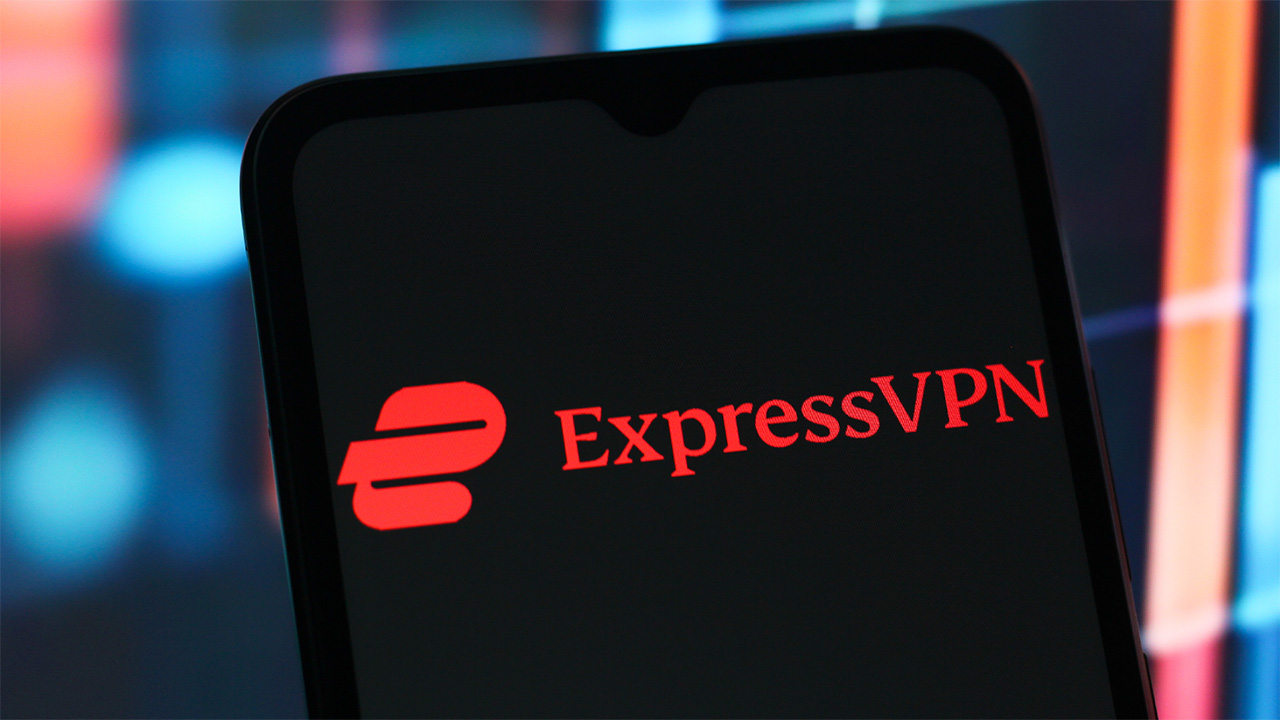ExpressVPN becomes the latest VPN provider to be embroiled in an auto-renewal lawsuit
The VPN provider's practices are alleged to be illegal

ExpressVPN has become the latest VPN provider to have its auto-renewal subscription methods challenged in court, with its practices accused of being "illegal."
Plaintiff Timothy Millar filed the lawsuit against the company in the US District Court for the Central District of California. He claims that ExpressVPN failed to clearly disclose its auto-renewal fee and did not receive consent before charging him.
Millar is looking to represent a group of Californian consumers who were charged at least one automatically recurring payment.
ExpressVPN isn't the only provider on our best VPN list to face legal action over auto-renew subscriptions. NordVPN is currently facing a similar case in New York over "deceptive" pricing practices.
Millar's argument
Millar believes ExpressVPN has violated California's Automatic Renewal Law (ARL). This law aims to stop companies automatically charging customers without their consent.
In September 2022, Millar said he purchased a one month ExpressVPN subscription. He believed this was a one-time purchase as a result of ExpressVPN's "alleged misleading advertisements" and lack of disclosure. He said he did not consent to subscribing to an automatically renewing monthly plan.
A jury trial is being requested, along with damages for Millar and others.

Tom's Guide approached ExpressVPN for comment. The company said: "We are aware of the filing in relation to a subscription from several years ago and intend to defend it. Unfortunately, we cannot comment on the specific allegations made in this complaint."
"ExpressVPN has always prioritized transparency and giving users clear information about pricing, billing, and auto-renewal – this information is clear and highly visible at each step of the checkout process."
"As a cybersecurity company, providing uninterrupted protection is important to our customers. This subscription model ensures that customers get the protection they need, without fail, on their devices. Customers can switch auto-renew off anytime via their account dashboards or by contacting support."
"We remain focused on delivering value to our users; ensuring they retain control over their digital privacy."
The case of auto-renewing VPNs
ExpressVPN is not alone in its use of auto-renewal subscriptions – almost the entire VPN industry operates them in one way or another.
Plans will also tend to auto-renew at a higher price than what was originally offered. Again, this is common practice but issues arise around how this is communicated to users.
We recently researched VPN renewal prices, and the results weren't pretty. ExpressVPN's two-year plan was found to renew with a 133% price increase. NordVPN renewed at a 241% increase, while Surfshark renewed at a 230% increase.
However, the price increases themselves are not why we are seeing class-action lawsuits. These legal cases revolve around the communication of these prices and the automatic renewal of plans.
Users may not realise plans auto-renew and this is what has led to legal action.
The cases involving ExpressVPN and NordVPN are still ongoing. We do not know what the outcome will be and how, or if, they will affect the VPN industry.
We test and review VPN services in the context of legal recreational uses. For example: 1. Accessing a service from another country (subject to the terms and conditions of that service). 2. Protecting your online security and strengthening your online privacy when abroad. We do not support or condone the illegal or malicious use of VPN services. Consuming pirated content that is paid-for is neither endorsed nor approved by Future Publishing.

George is a Staff Writer at Tom's Guide, covering VPN, privacy, and cybersecurity news. He is especially interested in digital rights and censorship, and its interplay with politics. Outside of work, George is passionate about music, Star Wars, and Karate.
You must confirm your public display name before commenting
Please logout and then login again, you will then be prompted to enter your display name.
 Club Benefits
Club Benefits





